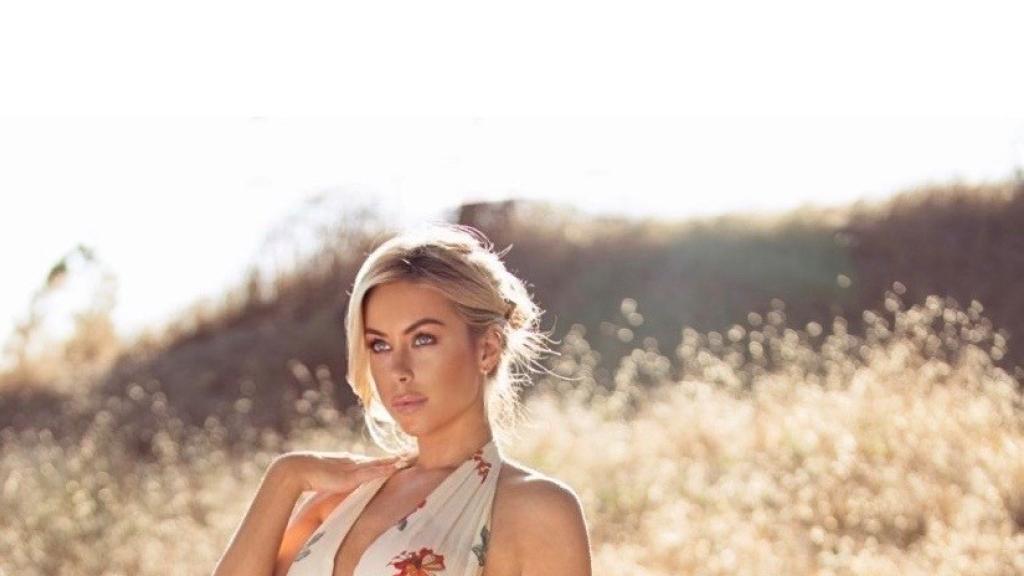
Influencer Tiffany urges people to be skin cancer aware
An Irish social media influencer who lost her mum to melanoma is urging people to be skin cancer aware and to contact a GP if concerned about recent changes to their skin.
An Irish social media influencer who lost her mum to melanoma is urging people to be skin cancer aware and to contact a GP if concerned about recent changes to their skin.
Tiffany Stanley, whose mother Sharon (58) passed away last year from skin cancer, is helping the Irish Cancer Society to promote awareness of skin cancer and the importance of contacting a GP if you have a concern about a change to your skin, a message that is especially important amid the recent strong sunshine as we go into summer.
Losing her mum in November last year has inspired Tiffany (30) to educate people about skin cancer and the need for people to take sun protection seriously.
The youngest of Tiffany’s three other siblings was only 17 when their mum Sharon from Moone in Co. Kildare passed away.
Skin cancer is the most commonly-diagnosed type of cancer in Ireland with almost 12,000 cases reported in 2019.
However, skin cancer referrals dropped by more than 75% at the height of coronavirus-related restrictions in April, and remain down by over a third based on latest available figures from the HSE National Cancer Control Programme.
Irish Cancer Society Cancer Prevention Manager Kevin O’Hagan said: “It is vitally important that people are aware of any changes to their skin and contact their doctor if they spot anything unusual.
“Catching cancers early is key and can mean the difference between life and death in some cases. This is very much so the case for certain types of skin cancers, with five year survival rates ranging between 90% and 20% depending on the stage of detection.
“Changes to look out for include the appearance of a new mole or an existing mole that has changed shape, size or colour, or other unusual spots or lumps. Anyone who is concerned needs to contact a GP for investigation.”
Irish Cancer Society charity partner La Roche-Posay will donate €1 for every stickered sun-care product sold this year from its Anthelios range to support skin cancer prevention and research.
Claire Hague, Deputy General Manager L'Oréal Active Cosmetics Division Ireland said: “We are proud to continue to support and partner with the Irish Cancer Society. Staying sun-safe remains as important as ever, and we are delighted to be able to provide support to our charity partners of 14 years through the sales of our Anthelios sun-care range along with safe sun awareness campaigns, to educate around skin protection and cancer prevention.
“The donations will help to further the significant scientific research and preventative work that the Society does in the fight against cancer in Ireland.”
People can stay safe in the sun by following these instructions:
- Apply Sunscreen – Use sunscreen with SPF 30 or higher (SPF 50 for children) and UVA/UVB protection on all exposed areas of the body. Apply 20 minutes before going outside and reapply every 2 hours
- Seek Shade – When UV rays are at their strongest – generally between 11am and 3pm – and don’t forget to check the UV Index. Ireland’s UV index peaks between May and August, which means that the rays from the sun are more intense during this period, and our exposure and risk of burning when outside are higher.
- Cover Up – By wearing a shirt with a collar and long shorts. Also wear a hat that gives shade to your face, neck and ears. Wear sunglasses that give full UV protection.
The Irish Cancer Society has detailed guidance on how to be Sunsmart available at here, with further information on changes that may be linked to skin cancer available here.
For more information
Phone
1800 200 700




